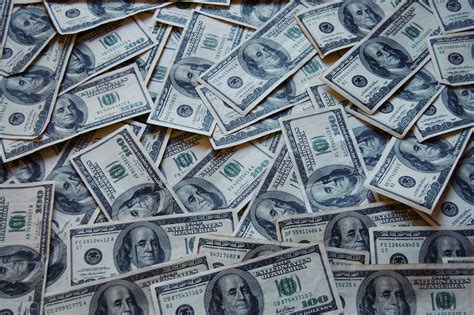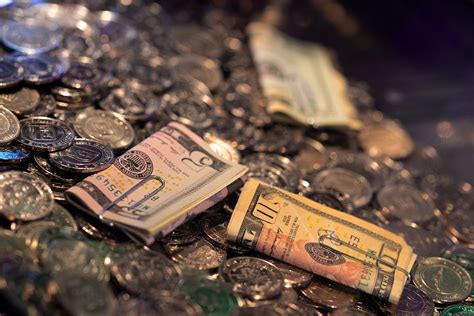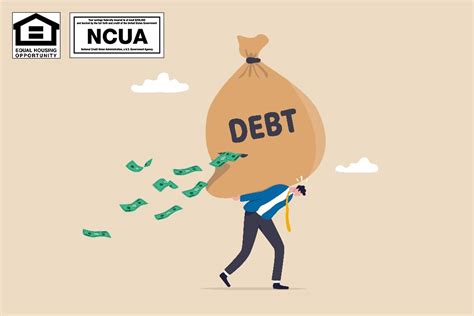When discussing financial habits, the focus often gravitates towards major pitfalls like excessive debt, lack of saving, or risky investments. However, there’s a more subtle, deeply ingrained habit, particularly prevalent among men, that silently erodes long-term wealth accumulation: the consistent, often justified, prioritization of discretionary spending on ‘passion pursuits’ or perceived status items, without adequately factoring in their cumulative opportunity cost.
The Silent Wealth Erosion: Discretionary Spending
This habit isn’t about reckless overspending on essentials; rather, it pertains to the regular allocation of significant funds towards hobbies, gadgets, vehicle upgrades, experiences, or lifestyle accouterments that, while providing immediate satisfaction, divert substantial capital from more productive uses. It’s often overlooked because these expenses are rarely seen as ‘bad.’ They might be for a beloved hobby, a necessary ‘upgrade’ for work or convenience, or a way to maintain a certain social standing. The issue isn’t the spending itself, but the lack of a balanced financial strategy that ensures these expenditures don’t come at the expense of consistent, aggressive investing.
Many men are conditioned to derive satisfaction, identity, or social currency from possessions or experiences that align with their interests—be it a high-performance car, the latest tech, specialized gear for sports, or frequent, elaborate social engagements. These expenses, while individually manageable, collectively represent a substantial outflow of cash that could otherwise be compounding in investment portfolios.

The Compounding Cost of “Just One More Thing”
The true financial impact of this habit lies in the concept of opportunity cost and the power of compound interest. Every dollar spent on a depreciating asset or a fleeting experience is a dollar that cannot be invested and grow exponentially over decades. For instance, a regular habit of upgrading vehicles every few years, investing in the latest golf clubs, or frequently dining out at high-end restaurants might seem like ‘living life,’ but the cumulative sum, when projected over 20-30 years with a modest investment return, reveals a staggering amount of lost potential wealth.
Consider the man who consistently spends an extra $500 per month on his car, tech, or hobby gear. Over 30 years, that’s $180,000 spent. If that same $500 were invested monthly at a conservative 7% annual return, it could grow to over $600,000. This stark difference highlights how seemingly innocuous discretionary spending can quietly sabotage the journey to financial independence and long-term security.

Why This Habit Persists Among Men
Several factors contribute to this habit’s prevalence. Societal expectations often link male identity with certain possessions or achievements, fueling a desire to ‘keep up’ with peers or project an image of success. Marketing efforts frequently target men’s interests, creating a constant stream of new products and experiences to desire. Psychologically, there’s also the allure of immediate gratification; the dopamine hit from a new purchase often outweighs the abstract benefit of future financial security. Furthermore, many men are taught to be self-reliant and solve problems themselves, which can sometimes extend to financial planning, leading them to underestimate the value of professional advice or structured saving strategies.

Shifting Gears: Reclaiming Your Financial Future
Addressing this habit doesn’t mean abandoning all enjoyment or hobbies. It requires awareness, intentionality, and a strategic shift in financial priorities. Here are practical steps:
- Track Your Discretionary Spending: Honestly assess where your money is going beyond essentials. Use budgeting apps or spreadsheets to identify patterns.
- Automate Savings First: Pay your future self before indulging. Set up automatic transfers to investment accounts that occur immediately after payday.
- Calculate Opportunity Cost: Before making a significant discretionary purchase, ask: “What would this money be worth if invested for X years?” This simple exercise can be incredibly powerful.
- Set Clear Financial Goals: Define what wealth accumulation means to you – early retirement, a down payment, financial freedom. Having a concrete goal makes sacrifices feel more meaningful.
- Find Value in Frugality: Discover satisfaction in experiences that don’t break the bank, or in maintaining possessions rather than constantly upgrading.

The Power of Delayed Gratification
Ultimately, overcoming this habit involves embracing delayed gratification and understanding that true financial freedom offers far greater and more lasting satisfaction than any fleeting purchase. It’s about recognizing that every dollar invested today is a worker you’re sending into the market to earn more for your future self. By making conscious choices to prioritize investment over immediate, non-essential discretionary spending, men can profoundly transform their long-term wealth trajectory, building a solid foundation for financial security and a truly prosperous future.





